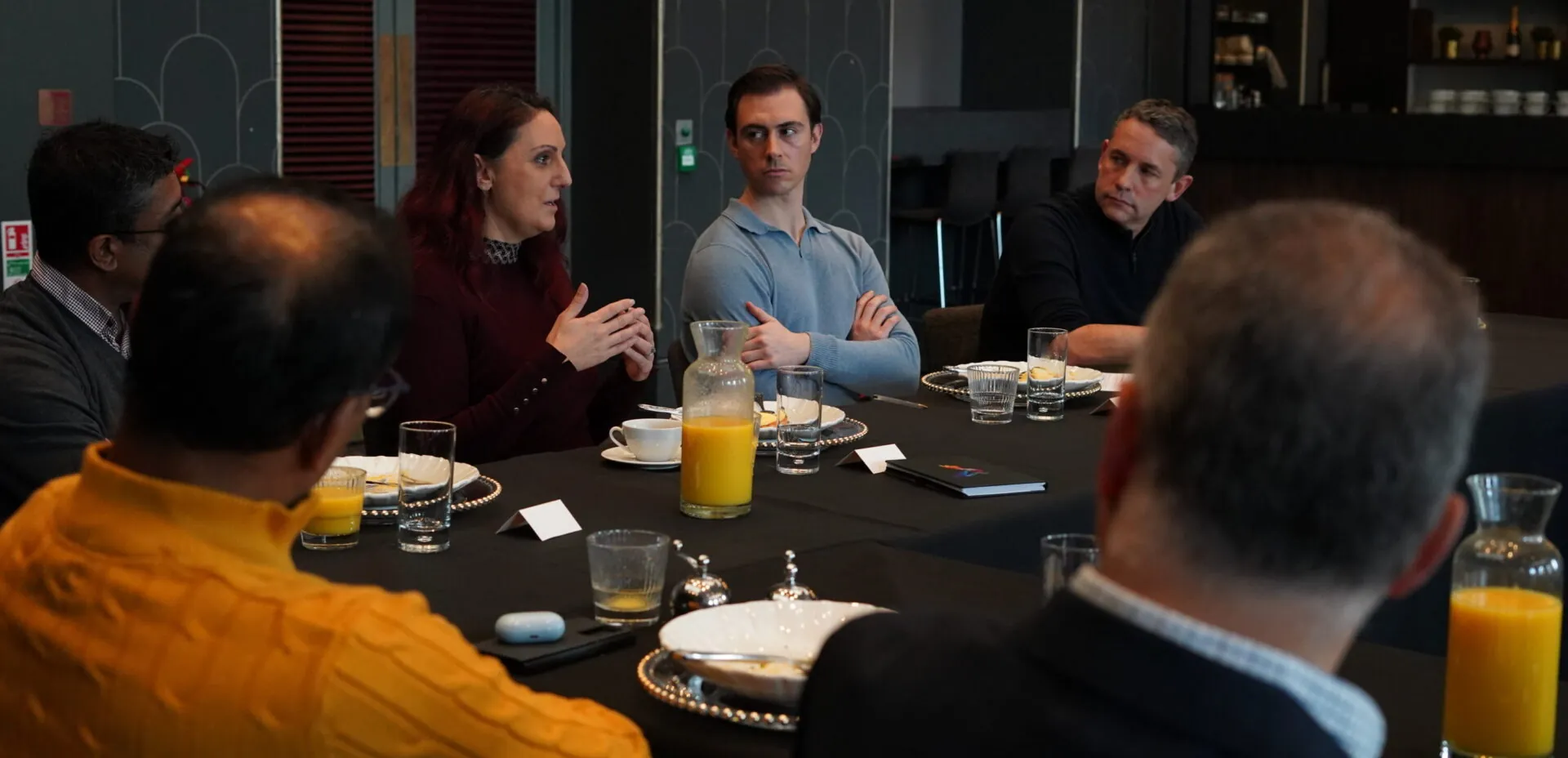Finance is no longer an entirely back-office function, and CFOs need to hire and nurture their team members to give them a fully rounded skill set.
In growing businesses, finance employees need to become generalists to solve problems and modify their approach as their employers scale and evolve. The types of skills needed include a blended combination of technical, IT and soft skills.
Sticking to the old stereotype of finance professionals being introverted and only completing routine and non-value adding tasks will impact the agility and success of companies, and create the risk of dissatisfied employees leaving.
Skills needs
Similar to full stack engineers or marketers, full stack finance teams need to display a generalist skill set, encompassing several number of facets across their function.
Employees need to demonstrate a swiss army style skill set and be as comfortable doing a deep dive into mass data sets as presenting board packs to the C suite. Mastering this full range of skills won’t come overnight so the development of team members should be monitored and made a key priority for CFOs.
Technology integrations
Team members need to understand enough about how accounting technology works in order to see the benefits of integrating core accounting and ERP platforms that can automate and streamline everyday processes. Historically many of these processes have been manually led, including expenses, payments and invoice entry.
Most third-party solutions now connect directly through plug and play API integrations. This means accountants don’t need to be IT experts, they simply need to understand enough about the benefits of incorporating the new tools to access the advantages.
Craig Foster, CFO at Picstart, said on Soldo’s CFO Playbook podcast that he thinks it’s essential for finance team members to be able to master technology integrations, so that they can maximise automation and free them from slow and manual tasks:
“We can automate parts of these jobs, and you don’t need to fear losing your job, as it’s going to make your job more important. I have seen first-hand how software changes the world for people to create efficiencies and opportunities. This is very important in my DNA as a CFO. We have to automate the crap out of everything.”
Data analysis
The shift to a digitally-led economy means that companies now collect ever- increasing volumes of financial and non-financial data.
This data can provide insights into company performance, that can be assessed against a relevant set of internal targets and KPIs. For SAAS businesses this is likely to include metrics such as cost of acquisition, recurring revenues and churn rate.
Finance teams need to be able to cleanse, analyse and interpret large data sets to provide meaningful commentary so that they can influence the strategic direction of their companies.
This requires commercial savviness and judgement. Data is available in abundance but the challenge is to focus on collecting and analysing the right data in the first place. Maddy Devine, VP of Finance at Bevy shared that:
“People always think finance is a big insights engine, but you can only have insights if you have the underlying data that’s going to reflect what you’re trying to analyse. And that work is very underrated.”
Business partnering
Future finance leaders need to partner with other functions across the organisation along with the executive team, and this will require many team members to step outside of their comfort zones.
Business partnering helps finance professionals engage with a wider variety of internal stakeholders. This means they can influence the company’s overall direction and provide value to multiple departments. For example, this might include cooperating with department heads on their budgets and ensuring that accruals are recorded accurately for the management accounts.
The need for the finance team to collaborate with the executive team is highlighted by Soldo’s Seeding the Superbloom research, with 67% of those surveyed agreeing that the finance function and executive function should drive towards aligned goals. This presents exciting career development opportunities for finance team members. It allows these employees to move up the value chain and away from process led compliance-based tasks to support high impact decision making.
On The CFO Playbook podcast, Jeannie De Guzman, CFO of 1Password, highlights the business partnering skills of her team as being integral to her company being able to grow from 180 to over 520 employees:
“We want to make sure that people feel like we’re here to partner with them and not just lay down the rules that you must follow… Because at the end of the day I really think that we should be partners to the organisation.”
Conclusion
Running a full stack finance team should be a key priority for CFOs, as this will empower them to perform their own roles better and attract and retain staff, while developing the finance leaders of the future.
In our companion piece, we explore how CFOs can hire full stack finance teams and develop them with the skills they need to thrive in the present, as well as in line with future growth goals.










